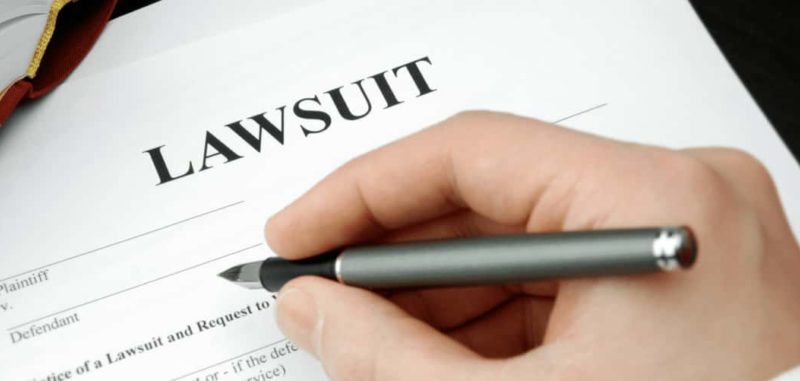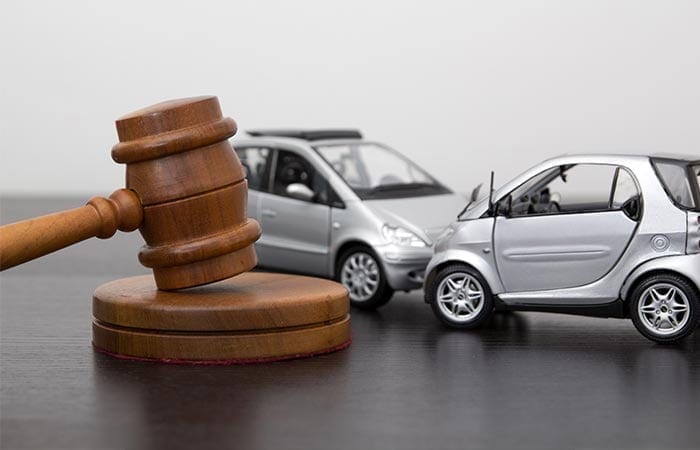What To Do When Filling A Personal Injury Claim

There is plenty that you have to do when you file a personal injury claim. It can prove difficult to take care of all of the legal matters relating to a personal injury claim. These types of claims may be due to quite a few kinds of injuries, ranging from auto accidents to accidents caused by a slip and fall and even injuries caused by defective products. However, there are certainly some steps that you can take as part of the process of filing a personal injury claim. Here are a few things that you should do to prepare for filing a personal injury claim.
Get Immediate Medical Attention
In the event that you have suffered some type of serious injury, you should make sure that you receive proper medical care as soon as possible. You should not try to deal with any personal injury claims before you have received sufficient medical care from a medical professional. Additionally, if you don’t get medical treatment after an accident, it can mean that you won’t be able to get the amount of damages you would like. It is possible that you might be obligated to mitigate your losses since you were the one who got injured. Simply put, you have to take the necessary steps so you don’t suffer further economic losses or even more injuries.
File A Report with the Police
As any attorney, such as those at Tully Rinckey, would tell you, filing a report with the police is an integral part of this process. There are multiple reasons for this. One reason why this is important is that it ensures that critical information about the accident is reported.
The contact information and names of the other parties that were part of the accident are one example of such critical information. The police report can be used as a record of critical information about the accident, as well. Additionally, the police report is something that you can use in court in the event that there is a lawsuit about this accident.
Choose Your Words Carefully At The Accident Location
It’s only natural that you will have to speak with the other party following an accident. However, it is important that you choose your words carefully when you talk with other parties at the scene of the accident. You do not have any obligation to say who was at fault for the injury or to give the other party additional information. You should refrain from making any statement that could complicate the situation further. It is also a good idea to refrain from saying anything that could make the circumstances of the accident more unclear.
Accurately Track All Injury-Related Expenses and Costs
There are many types of expenses that you could deal with as a result of the injury. You should make sure to maintain accurate records of all these expenses. Some documents that could help you do that are insurance records, hospital bills, property damage bills, and any statements regarding a medical diagnosis.
If the injury makes you miss work, you should also keep records of your lost wages, too. You might also want to write down an account of your injury, especially soon after it happens when you remember it clearly. These records could make it easier for your legal team, like the Tully Rinckey legal team, to make sure you receive the damages you deserve.
Exercise Caution With Insurance Companies
It is possible that an insurance company can make your personal injury claim more complex. Despite this, you will probably have to work with an insurance company when you file a lawsuit or personal injury claim in most cases. You should make sure to protect your own interests when you communicate with an insurance company about your claim. It is a good idea to have a lawyer with you to help you deal with third parties as it pertains to your personal injury claim.
Refrain From Signing Anything If You Don’t Comprehend It
You will likely have to fill out some documents and forms pertaining to your personal injury claim. However, you should ensure that you completely comprehend the terms of anything you sign before you sign it. If you’re unsure about the long-term consequences of signing a document, it is best not to sign it. This goes for documents that someone might present to you sometime after the accident, too. This is another instance where a lawyer can prove helpful for you.






